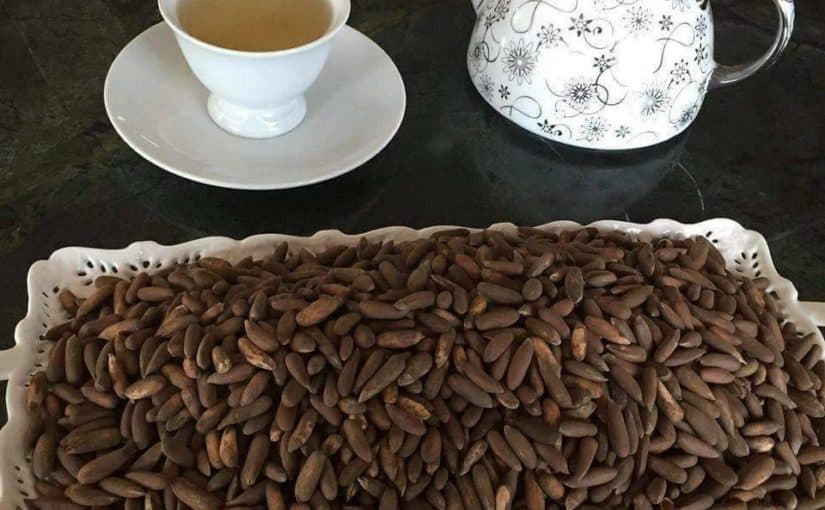The following reflection is written by World Relief Seattle intern, Aubrey Payne. Aubrey spends her days with World Relief accompanying people on appointments, helping out in English class, building relationships with newcomers, and otherwise assisting in the resettlement process.
Every day that I spend with the participants at World Relief, I am reminded of the generosity that comes from God’s abundance.
Recently, I took a single mother from Afghanistan to a gruelingly long appointment at the Department of Social and Health Services. She and I met with three different employees in a process that took over 5 hours, only to find out that she was being denied food stamps. The baby was tired and cranky, as were we, and the mother broke down in tears. The weight of her situation–as an immigrant with very little money, trying to start a new life for herself and her baby–started to sink in. We got in the car to drive home. In an expression of gratitude for my time, she gave me a handful of chilgoza–a type of pine nut found in Afghanistan and which costs about $20 per bag.

In The Liturgy of Abundance, the Myth of Scarcity, Walter Brueggeman writes, “What we know about our beginnings and our endings, then, creates a different kind of present tense for us. We can live according to an ethic whereby we are not driven, controlled, anxious, frantic, or greedy, precisely because we are sufficiently at home and at a peace to care about others as we have been cared for.” The truth is, many people will never feel like they have enough. We place a high value on work and busyness in America, often believeing that we do not have enough time or resources to care for others the way Jesus did.
The generosity demonstrated to me by a tired Afghan mother is the kind of generosity I see every time I meet with the refugees and immigrants who come through World Relief’s doors. Because a belief in God’s abundance far exceeds the restrictions imposed by the economy or personal finances, this woman felt moved to share a cultural delicacy with me, even though she had so little to offer. When we believe in the good news of God’s abundance, there are no more excuses for living a greedy and un-neighborly life. If we believe in a God that loved the world into generous being, then we can live in the knowledge that there is enough to go around to everyone. It is a different kind of present tense. We can be at peace to care about others as we have been cared for, even if that just looks like a handful of precious pine nuts.
